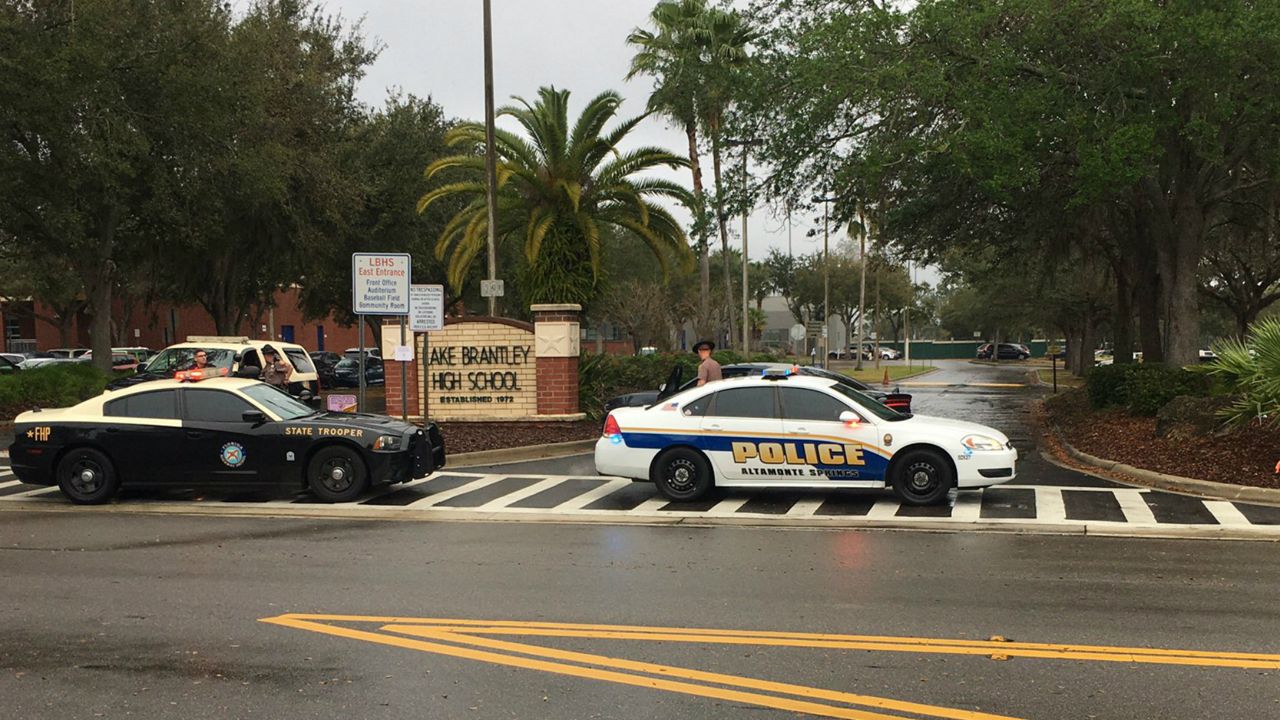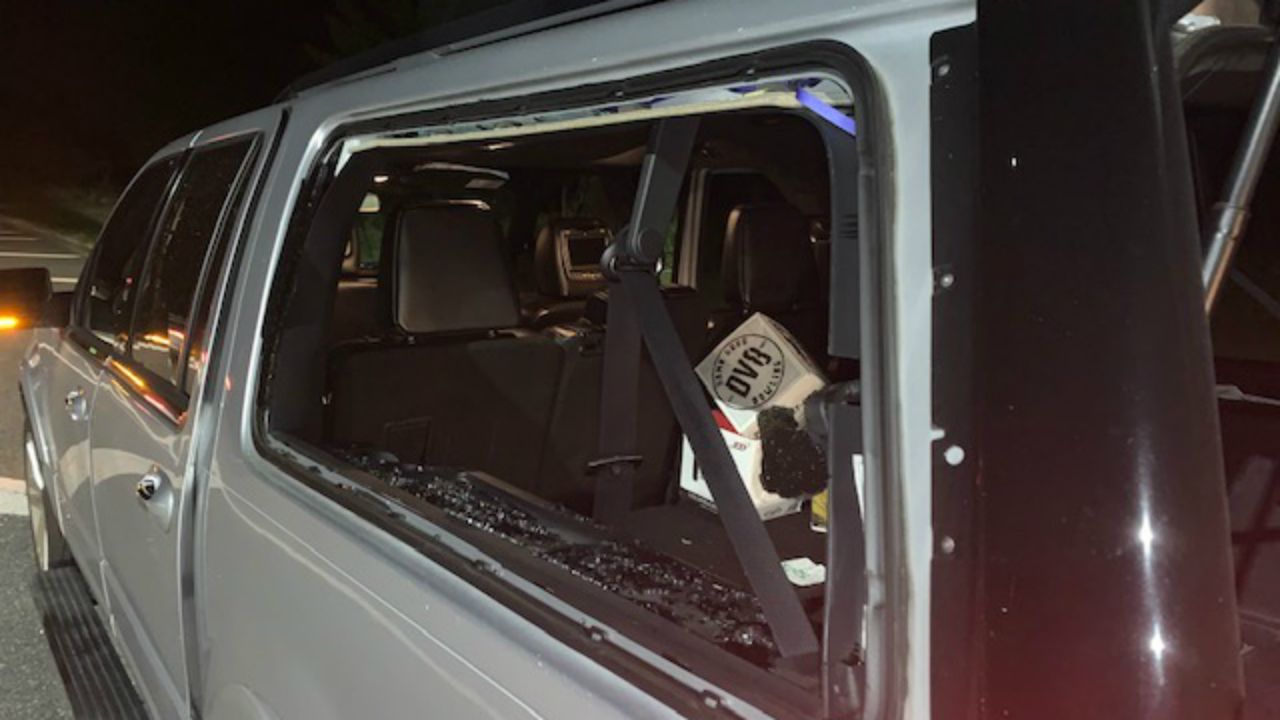- AUGUST 15 UPDATE: Attorney for Grant Amato have filed an appeal of his murder conviction
SEMINOLE COUNTY, Fla. — The recent conviction and life sentence for Grant Amato is raising questions about how jurors in death penalty cases are selected.
- State Attorneys talk Grant Amato death penalty case
- Convicted killer Amato was sentenced to life in prison without parole
- Prosecutor: Finding 12 people to agree with state is toughest challenge
- PREVIOUS STORIES:
Amato was convicted of murdering his mother, father and brother, but the same jury that handed down the conviction decided to spare his life.
Assistant State Attorney Stewart Stone, who was the lead on this case, believes it was a member or two of this jury that showed mercy to Grant Amato.
The jury after the penalty phase was not polled on their individual recommendations, but on Wednesday the state shared with Spectrum News 13 the challenges they faced for this trial in trying to find the right jury.
Stone asked over 100 potential jurors this question before the Grant Amato trial began: "On a scale of 1-10, where are you on the death penalty?"
The question was one he had to ask in order to find what he felt were the right jurors to partake in a difficult process.
"In reality, when the time comes to actually do it, it is a very difficult thing to do," Stone said. "So you want to identify those jurors, who in the appropriate case can do it?"
Who Made up the Jury?
The jury for the trial was composed of 12 jurors — eight women and four men. Ten of the jurors were Caucasian, and 11 of them said they either were a gun owner or pro-Second Amendment.
According to Assistant State Attorney Domenick Leo, prosecutors never really considered statistics like that.
"It's totally random — how we get them, it’s totally random," Leo said. "We have no say in that, however, the clerk mails the notices out. They come in, and we just go from there."
But this case had no murder weapon or witness. According to Leo, they had to find jurors who could connect the dots themselves when the time came to making tough decisions.
"You want a juror who is able to go from A to B, to C to D, to E to F, when maybe you don’t have direct proof of B," Leo said.
The state believes Grant Amato should not live his life in a cell. Instead, prosecutors believe he should be on death row.
According to Stone, finding 12 people to unanimously agree with them may be the toughest challenge of the trial.
"It's a challenging task, but just because it is a challenging task and a very difficult task, doesn't mean that you shouldn't do it," Stone said.
Despite not getting a death sentence for Grant Amato, Stone and Leo are pleased that he will never be released from prison.
As for Grant Amato, he is no longer in Seminole County. He is now at a state facility in Orlando and will be there for four to six weeks for reception orientation.
He has not been assigned to a state prison for his life sentence yet.
- MORE GRANT AMATO COVERAGE:
- Grant Amato Trial: Potential Jurors Asked About Death Penalty
- Records: Grant Amato "Depressed, Possibly Suicidal" Before Family Found Slain
- Grant Amato, Accused of Murdering Family, Granted $750K Bond
- Chuluota Man Accused of Killing Parents, Brother Pleads Not Guilty
- Triple-Murder Suspect Accused Of Killing Family To Stay In Jail









